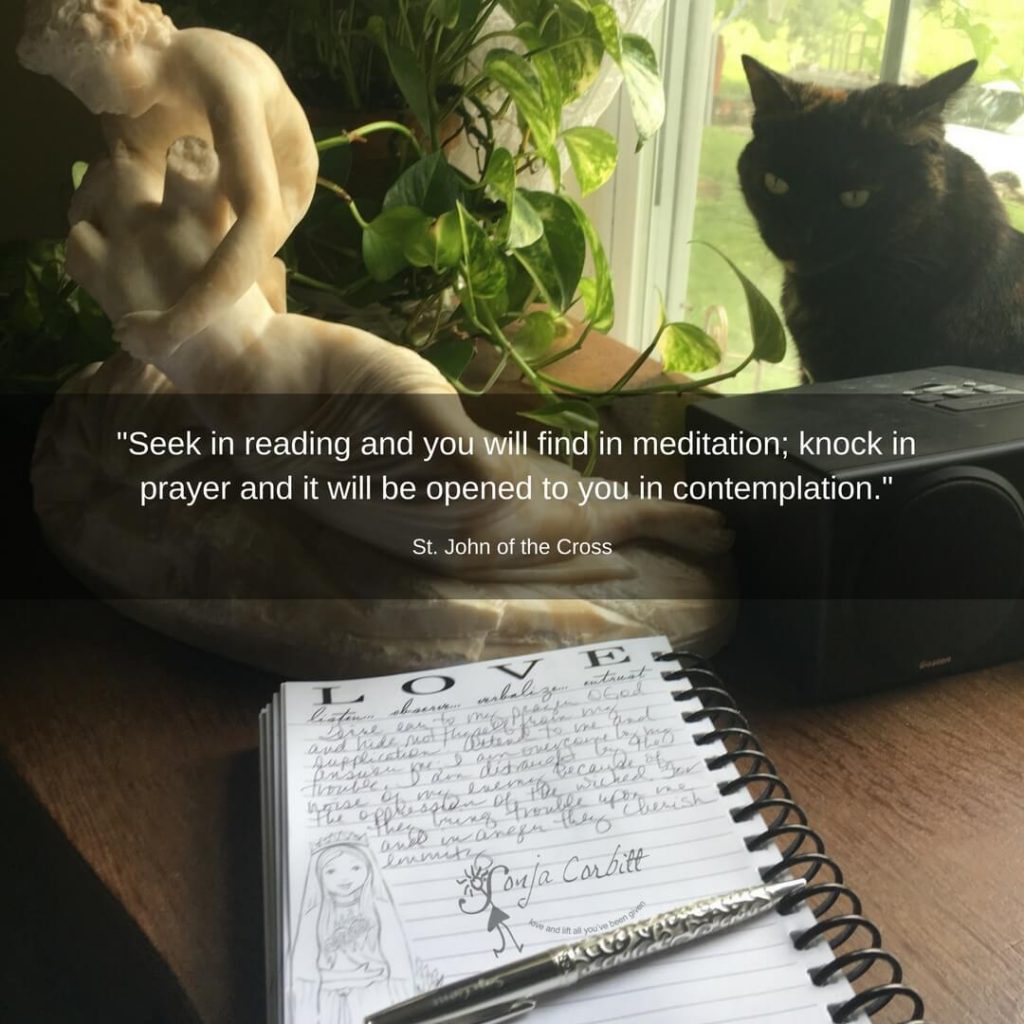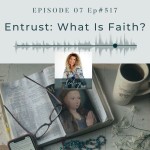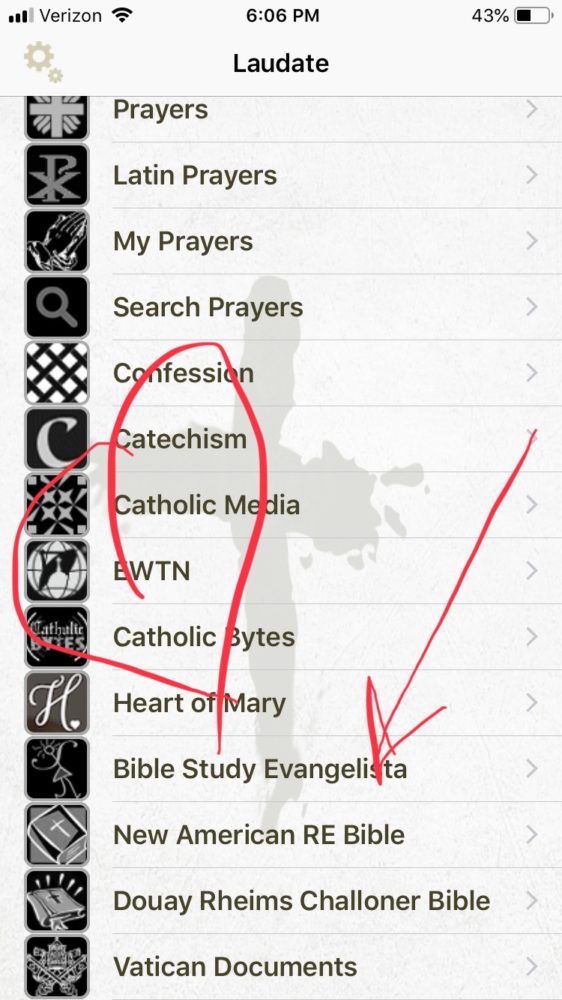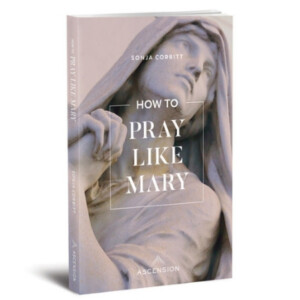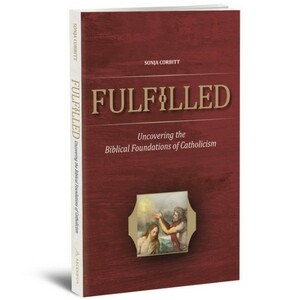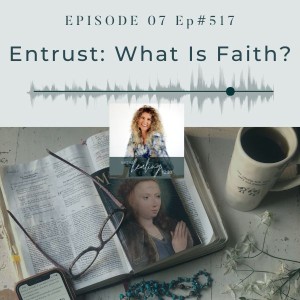Lectio divina is Latin for divine reading. In the 12th century, a Carthusian monk named Guigo formally described and recorded the stages traditionally considered essential to practicing lectio divina: lectio, meditatio, oratio, and contemplatio.
The LOVE the Word™ method retains the fundamental monastic practice and discipleship in scripture reading, meditation, and prayer that constitutes traditional lectio practice, but without the confusing Latin terms. Learn the history of lectio, and how, instead, to simply LOVE like Mary!
Study Audio

LOVE the Word™ is a Bible study method based on Mary’s own practice. This week’s LOVE the Word™ exercise is based on a Augustinian* personality approach. Go on! Try it!
Listen (Receive the Word)
Jesus entered Jericho and was passing through. And there was a man named Zacchaeus; he was a chief tax collector, and rich. And he sought to see who Jesus was, but could not, on account of the crowd, because he was small of stature. So he ran on ahead and climbed up into a sycamore tree to see him, for he was to pass that way. And when Jesus came to the place, he looked up and said to him, “Zacchaeus, make haste and come down; for I must stay at your house today.” So he made haste and came down, and received him joyfully. And when they saw it they all murmured, “He has gone in to be the guest of a man who is a sinner.” And Zacchaeus stood and said to the Lord, “Behold, Lord, the half of my goods I give to the poor; and if I have defrauded any one of anything, I restore it fourfold.” And Jesus said to him, “Today salvation has come to this house, since he also is a son of Abraham. For the Son of man came to seek and to save the lost.” Luke 19:1-10
Observe (Connect the passage to recent events.)
Jericho, an enormous city rich on trade to the East, is surrounded by date palms and scented with almond flowers. Cumin, cassia, myrrh, and essential oils feed a continuous caravan of exports streaming away from the city like ant trails. For the Roman government, the city is an engorged center of taxation. Plump. Ripe. Spilling over with revenue. Knee-deep in the harvest are the tax collectors, making sure what is Caesar’s is rendered unto Caesar, and in the process, a denarius or ten rendered unto themselves.
It’s early spring and Jesus is passing through Jericho; if He is not stopped, He will keep going. Where will He pass me by today if I do not stop Him?
The crowd swells as the curious vie for position. But for one man, curiosity isn’t enough. He is Zacchaeus, a small man.
Zacchaeus must have learned early how to survive in a big world, as one who probably got pushed around and bullied and teased for his size. Maybe he learned to compensate, to laugh at the jokes, to stay invisible, and to bide his time until he was standing tall at the top where payback is hell.
In the difficult process of growing up, maybe a tender part of his childhood was trampled underfoot and crushed, squashed under the clumsy and often cruel feet of the big and tall. As he climbed the professional ladder, he must have carried that crushed bit of himself everywhere he went. Don’t you?
Did he also step on anyone who stood in his way, anyone on the next rung up, until he arrived at the top where people finally fear him? Not just tax collector, chief tax collector. That the scriptures say he is rich is redundant. The modern equivalent is something like the drug boss with the gold grille, both in his mouth and on his car, filthy and rich on all that ruins lives. Zacchaeus has power; he has wealth. But he’s despised and corrupt and alone; and now he’s up a tree looking for Jesus.
What he sees up there, draped over the limb like drying laundry, is the total lack of a great Messiah-king’s pomp or ceremony, and yet, something about Jesus is definitely royal. Every eye follows Him as He parts the sea of spectators on His way to that sycamore, and a long-awaited dawn shines on a despised bill collector. The one whose professional mantra has long been “Show me the money!” must now account for himself: money bribed…money blackmailed…money offshore…money skimmed off the top…money, money, money, money: the bottom line of a bankrupt life.
But Jesus isn’t the Auditor. He is the Savior.
Jesus is searching for the one who is searching for Him. He sees Zacchaeus, into his heart, peering into the crushed bit under the swagger; and inside He sees every boot mark and footprint. And then Jesus presents Himself as One in need: tired, thirsty, hungry.
We have to remind ourselves constantly of how genuinely human Jesus was, “like us in all things but sin.” Where will Jesus present Himself to me, today, as one in need?
Jesus asks for help from a person he was supposed to avoid and hate. He asks Zacchaeus for a place to stay.
Ripples of contempt for the two work their way through the crowd, but whispered innuendoes can’t diminish the richness of the moment. And, in the same way you would welcome a friend you have yearned to see for a long, long time, Zacchaeus goes out on another limb and welcomes Jesus home.
Look closely. Witness the miracle: it’s a camel passing through the eye of a needle.
Verbalize (Pray about your thoughts and emotions).
Dear Jesus, forgive me for trying to compensate for my stunted growth. I have expected my work and wealth to increase me. Today, help me to practice decreasing myself by serving those in need around me. Help me to recognize You in the opportunity, so I can truly increase in stature.
Like Zacchaeus, I long to see You. With my own eyes, I want to see You myself, see You for who You really are. Not through the eyes of a pastor, or teacher, or evangelist.
I’ve heard so much about You. How much is opinion? How much is hearsay? How much is truth? I want to know for myself. I want to hear with my own ears. Please come near, Lord, as You pass by today. I am out on a limb, waiting for you, out of my comfort zone. And as you come, overwhelm me with the wonder that it is not I who seek you in the streets, nearly so much as it is You who seeks me hiding in the trees.
Entrust (May it be done to me according to your word!)
Perhaps you’d like to spend a few silent moments simply resting in His presence.
.
*LOVE the Word™ exercises vary weekly according to the four personalities, or “prayer forms,” explored in Prayer and Temperament, by Chester Michael and Marie Norrisey: Ignatian, Augustinian, Franciscan, and Thomistic. These prayer forms correspond to the Myers-Briggs personality types.
Episode Resources
 The show and the LOVE the Word™ exercise are from chapter one of my newest book with Deacon Harold Burke-Sivers: Ignite, Read the Bible Like Never Before, available for pre-order with a 30% discount using code SPARK here.
The show and the LOVE the Word™ exercise are from chapter one of my newest book with Deacon Harold Burke-Sivers: Ignite, Read the Bible Like Never Before, available for pre-order with a 30% discount using code SPARK here.
Ignite will be out August 17. Get a preview of the introduction and first chapter here.
Read the Transcript
You can download a complete, word-for-word transcript of this episode here when it becomes available (usually within the week – check back here), courtesy of Kristie Hynniman, who does our transcriptions for you.
Ask Me Anything, (most) Wednesdays on Facebook
I’m just a cupcake after all, how to decide where to begin reading the Bible, conversion to Catholicism, what is penance, my attendance at the “Trying to Say God” conference in Notre Dame, all on this week’s…
Join the Conversation
Is the LOVE the Word method becoming easier with practice? How are you using your Mary journal? Send your pics via Facebook and Instagram!
Image Credits
Peanut Kitty
Save
Save
Save
Save
Save
Save
Save
Save
Save
Save
Save
Save
Save
Save
Save
Save
Save
Save
Save
Save
Save
Save
Save

